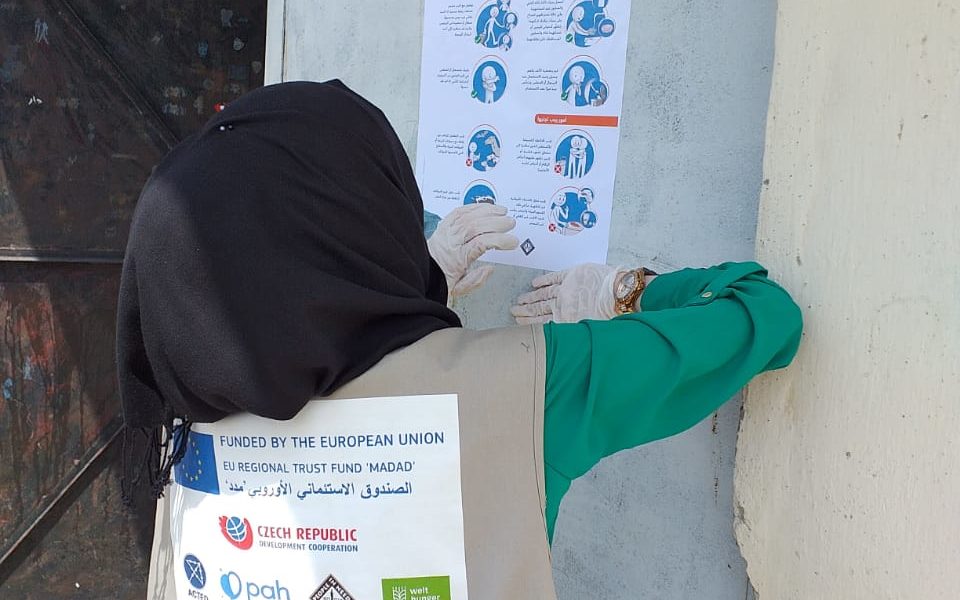Eight months into the global pandemic of COVID-19, Alliance2015, as a strategic collaboration of non-governmental European development and humanitarian aid actors, has remained active across its over 90 countries of operation. Daily we witness and try to respond to the very varied and still unfolding impacts of the pandemic and economic lockdowns on countries already handling a range of deep shocks and stresses.
While we acknowledge that European Union (EU) Member States reached an agreement on the 2021-2027 Multiannual Financial Framework (MFF) and the EU Recovery Package ‘Next Generation EU’ (NGEU) at their special European Summit in Brussels in July, we strongly regret that none of the funds of the NGEU will be allocated outside the EU and that the funds foreseen for development cooperation (NDICI) under Heading VI have been reduced, in comparison to the initial proposal by the European Commission in May. Our concerns about adequate funding through appropriate aid modalities to meet increased humanitarian needs, reaching the 2030 Sustainable Development Goals (SDGs), and guaranteeing and deepening European and international solidarity in the face of this new and pre-existing crises, are consequently increasing.
It is therefore vital that the current and upcoming EU programming cycles intelligently and rapidly link the multiple sectors required to ensure long-term human and planetary health, social protection, and human development. The EU should lead and encourage all donors to allocate additional resources across the range of proven, effective actors and instruments to mitigate secondary impacts of COVID-19 now and in the future. Any investments towards the recovery of the global economy should focus on accelerating the transition to sustainable, climate-resilient and inclusive societies.
Specifically, the European Commission should:
- Establish implementation plans for high-potential new policies and strategies such as the European Green Deal, the Farm to Fork Strategy and the EU-Africa Strategy which explicitly:
– coherently link internal and external action;
– include specific approaches and resources to reach identified groups of the most vulnerable populations, responding to their urgent needs and strengthening their resilience;
– include markers to ensure actions reinforce climate resilience, increase social protection and reduce inequalities of income and opportunity. - Guarantee that voices of local communities and civil society are heard at all levels in a truly participatory programming process, and that they are included as key partners in the programme design, funding and implementation, to ensure interventions are evidence- and experience-based.
- Ensure that adequate amounts of grant not loan-based funding are made available in the most vulnerable contexts.
- Focus on fostering community resilience by strengthening both longer-term as well as adaptive programming, making significant use of the crisis modifier approach.
You can read the full statement here.


